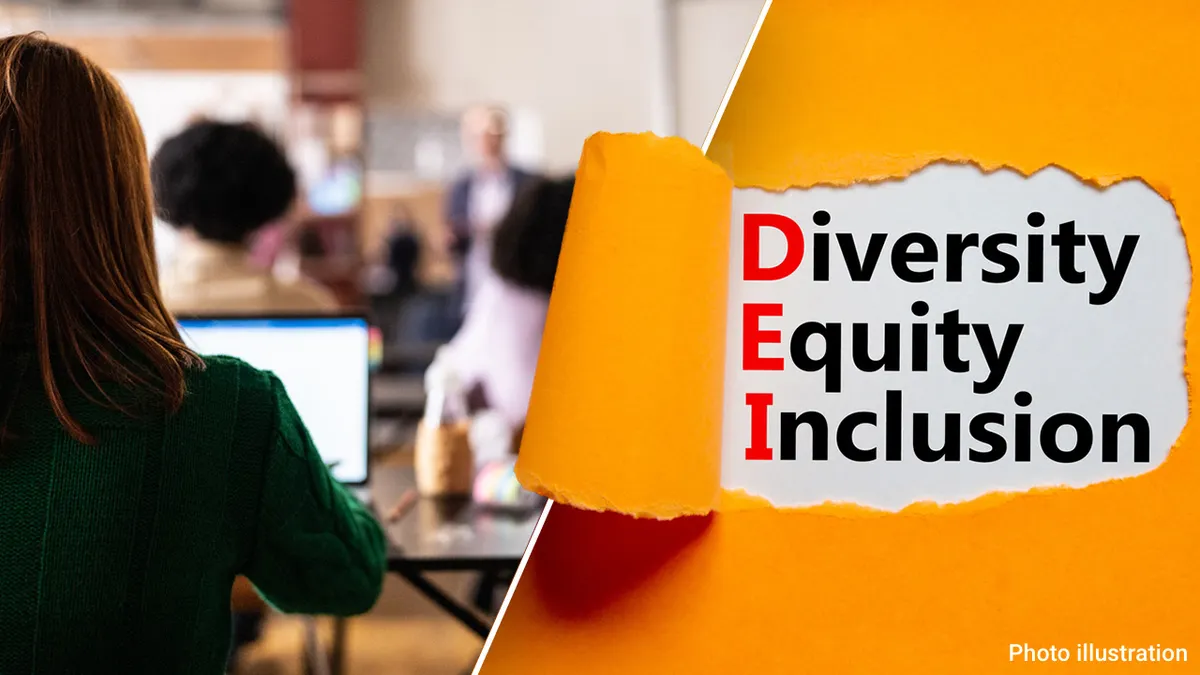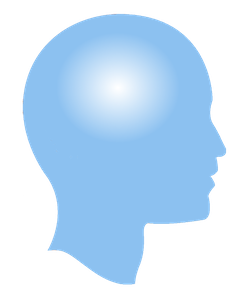
Getting to the Heart of DEI (Diversity, Equality, Inclusion) with the Interdependent Mindset
In a recent interview by black journalists Donald Trump was asked if he supported DEI. The interviewer explained that it stood for Diversity, Equality, and Inclusion. Trump wasn’t satisfied and demanded some other definition. Apparently the words “diversity”, “equality”, and “inclusion” weren’t sufficiently self-explanatory. Perhaps he should have Googled it on his phone. Here is what Wikipedia has to say about DEI.
Diversity, equity, and inclusion (DEI) are organizational frameworks which seek to promote the fair treatment and full participation of all people, particularly groups who have historically been underrepresented or subject to discrimination on the basis of identity or disability. These three notions (diversity, equity, and inclusion) together represent “three closely linked values” which organizations seek to institutionalize through DEI frameworks.
If is true that the DEI movement seeks to “institutionalize” the values of diversity, equity, and inclusion I sympathize with their good intentions but I don’t think that approach is always the best way to go. Values are foundational to personal identity and as such are not easily given up. Attempts to force people to change their minds through legislation or other forms of persuasion can result in the targeted individuals digging in their heels and holding on even more fiercely to their entrenched values.
Why is it that we cling so doggedly to our personal values? One reason, as just mentioned, is that values are fundamental to our sense of personal identity. The reason for this is largely explained in the evolutionary purpose of values. As all living beings must, humans have a built in drive to survie. We experience this inescapable imperative as urges to satisfy our survival related needs such as the acquisition of nourishment, the need for safety and security, the need to belong, and more. From the moment of birth we are driven to meet these needs and over and over. In the process we come to believe that some people, things, and actions appear to be consistently helpful in meeting our needs. These things become important to us in our ongoing struggle to survive. We come to value them. For example, in early childhood we naturally value (love) our parents, in no small part because we recognize that these caregivers are essential to our meeting several of our survival needs (nourishment, safety, security, belonging). Thus most of us learn to value close interpersonal relationships.
The acquisition of values is largely a subconscious process and it proceeds restricted by an equally subconscious filter that determines which of two types of values we adopt. As we mature we develop a worldview or mindset. A mindset is a set of beliefs about the nature of the world and our place in it. The mindset we develop matters crucially in terms of what kind of values we adopt.
There are two fundamental mindsets each based on a different understanding the nature of the world and our relationship to it. The first is the Independent Mindset. This mindset assumes that we are each separately existing independent selves living in a world of separate independent things. The values adopted under this mindset support survival in this type of world. The second type of mindset is the Interdependent Mindset wherein people see themselves existing as interdependent individuals living in a world of interdependent phenomena. In this scenario survival is understood to depend on values that support our interdependent nature.
The DEI values of Diversity, Equality, and Inclusion are Interdependent values because they support sustainable survival of living things, including human beings. The Independent Mindset instead favours values such as Homogeneity, Meritocracy, Exclusivity. It is important to remember that both of these sets of values are believed by their adherents to be essential in meeting their survival needs. They are believed to be making the difference between life and death for their adherents. No wonder people do not often change their core values.
A person’s values are interconnected to one another because they have been derived from the mindset the person holds. Therefore a person cannot easily change one value without changing them all. To change from valuing Exclusivity to valuing Inclusion one would have to simultaneously adopt Diversity and Equality over Homogeneity and Exclusivity. For this reason campaigns targeting specific values without addressing the underlying mindset will not always succeed. It is the mindset that needs to be targeted.
Changing a person’s worldview is challenging. Our worldviews are a major part who we each believe ourselves to be. Mindsets are built up and reinforced over a lifetime, usually without any conscious awareness of the process. Once established a mindset becomes the lens through which we see ourselves and the cosmos we inhabit.
Given all of the above, it seems to me that most DEI initiatives are tackling the symptoms of a disease rather than its cause. The cause of the disease that is destroying our lives and our planet’s ability to sustain life in general is the Independent Mindset and the values it spawns are the symptoms of this disease. That said the cure is obvious. The Interdependent Mindset needs to become the dominant global mindset. But how can such a momentous worldwide transformation occur? It is unlikely to be legislated on a country by country basis.
In my opinion our best hope lies in the grassroots initiatives already underway around the world. The organizations behind these projects are typically run by a group of people who recognize the disease and understand the nature of the cure. Because they are working on the ground to create change their efforts are visible. People witnessing this work may become interested in what is going on which, in turn, can lead to them wanting to know why it is happening. Also, these groups tend to promote awareness of their concerns and visions for the future locally and through social media. The cure is spreading virally along with the incremental successes of organized political campaigns. But to continue spreading this virtuous virus requires a steady infusion of energy and commitment. It feeds on personal contributions.
In other words, we are the cure for the disease now plaguing our planet once we understand and adopt the Interdependent Mindset. Whether we belong to a group actively working to implement solutions stemming from the values of the interdependent worldview, contribute time, energy, or money to such a group, or act individually in ways that reflect those values we can help to further the slowly accelerating global shift in worldview required to sustain life on Earth. I believe that collectively, we can save ourselves and our world and in the process we can create the diverse, equitable, and inclusive society we so desperately need.
For more on the Interdependent Mindset visit hopefulmindset.com
